
OR
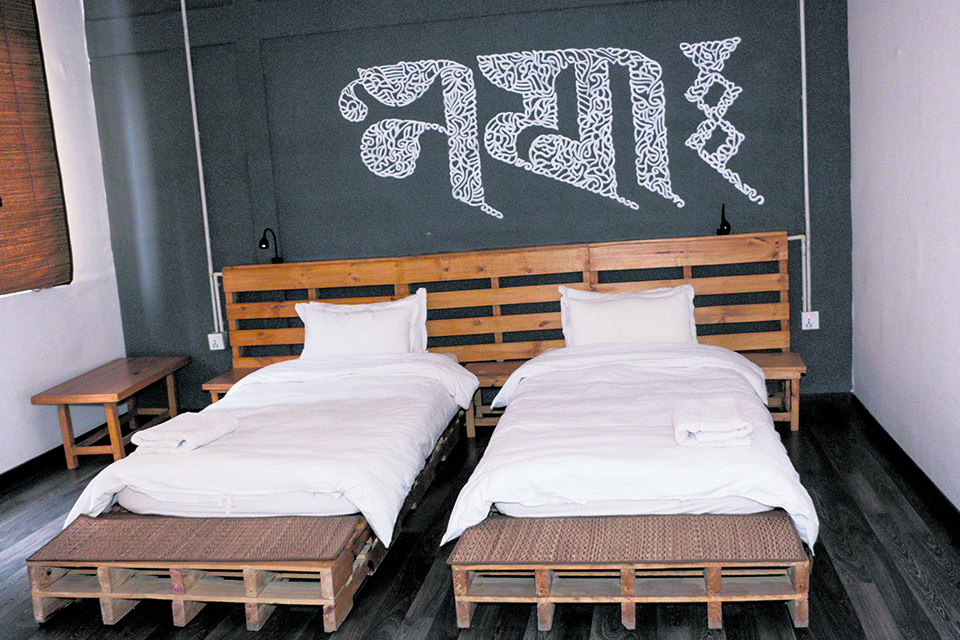
Yakety Yak, located in Thamel, Kathmandu, right above Kar.ma Coffee, is gaining steady popularity among backpackers who come to Nepal. But the chic little hostel, with its industrial theme and open space with high ceilings, is doing much more than just providing travelers a place to stay. It’s a space for solo travelers to connect, says Girish Rajbhandari, one of the owners of Yakety Yak.
Launched in 2018, hoping to cater to backpackers who come to Nepal to trek and travel to the mountains, hills, and lakes that Nepal has to offer, Yakety Yak is all about building a traveler’s community. According to Rajbhandari, backpacking travelers are very conscious about their budget and thus prefer to stay in hostels rather than in pricey hotels. He also adds that solo travelers like to stay connected with other travelers and trekkers which is why hostels have become such an important part of a backpackers’ journey.
Rajbhandari explains that their team well understood the fact that Nepal is largely a backpacking destination and so they wanted to build an accommodation that was customized for a specific niche of travelers. “But we didn’t want to conform to the set idea of a hotel or hostel. We wanted to create a space that was more inclusive and personal where people could interact with one another,” he says adding that this idea of keeping the conversation going is what inspired them to name the place Yakety Yak.
To give the space a homey and comfortable vibe, they have paid special attention to décor. They have a retro vibe going on with wooden furniture and a minimalistic setting. All that is beautifully complemented by DIY lamps and art pieces by local artists like Macha and Doodleman. As the space where Yakety Yak is situated was previously a large terrace, it’s purposefully built so that despite the hustle and bustle of Thamel, the guests have ample space to move around – one that is in stark contrast to the cluster of shops and throngs of people down below. Yakety Yak has seven dormitories and five private rooms and the price ranges from eight to 40 dollars, depending on your need for privacy. Some of the dorms have up to eight bunks beds, while some have four. Along with this, they have large bathrooms (equipped with showers, basins, and toilets and separate for men and women), laundry service, a bar, a big terrace, a pick-one-drop-one library, a restaurant as well as a travel desk.
Yakety Yak provides 24-hour services to their customers and they have a multitasking workforce as hostels have a different way of running than a regular hotel. “The receptionist can act as a barman and we have a person who does housekeeping and also works as a cook too,” says Rajbhandari adding that they make it a point to keep the relationship between the guests and the staff completely informal, to make the place more easygoing and hostel-like.
As the hostel focuses more on the backpacking community, the business is heavily affected by the trekking season, which is when tourists come to Nepal specifically for trekking and climbing up the mountainous regions of Nepal. “We just finished one season from April to early June and now we are preparing for another season starting from mid-August to the end of the year,” he explains.
At Yakety Yak, 60 percent of their guests come from online travel agencies like HostelWorld, a website for hostels like Yakety Yak all over the world. “Usually, backpackers tend to walk in and stay for a night to check whether they like the place or not and, if they do, they tend to say for 20 or, in our case, more than 35 days,” explains Rajbhandari adding that last year, as the business was in its nascent stage, they didn’t expect the number of guests they received. “We were a bit short-staffed back then but now we are doing a lot better and are ready to welcome our second batch of backpackers this season,” he reveals.
During the off-season, Yakety Yak conducts various activities to attract the locals by organizing food festivals like the Bhutanese Food Festival as well as holding screenings of various documentaries in the seating space they have named “the pit”. Similarly, if you look at their social media accounts,
you can see the guests themselves coming up with activities of their own as well.
Moreover, sustainability, recycling, and reusing are big aspects of Yakety Yak’s mission. All of their decors items are upcycled pieces – the tables, benches, beds in private rooms and the seating spaces are all made from scraps and wooden panels stuck together to make unique looking pieces of furniture. The metal beds are also upcycled and so is the terrace seating space and furniture.
Thanks to their minimal setting, they have little to no use for plastic in their decor that further supports their cause of sustainability. Their focus on simplicity is also reflected on their food menu as it’s kept simple and affordable. It mainly has items like Dal Bhat, soups, momos, and noodles to name a few – basics that one can’t go wrong with. “Unlike other restaurants in Thamel that are cuisine-centric, our hostel restaurant has food suitable for a traveler. And there’s a good variety too,” explains Rajbhandari.
So far, the responses they have received have been positive. Since Yakety Yak is all about providing good service and a good place to stay at affordable prices, their guests haven’t had a reason to complain, claims Rajbhandari. The wall at the hostel, where guests are asked to write something about their experiences, is almost full. “We want our space to be reflective of traveler’s adventures and excitement,” concludes Rajbhandari.
(Urza Acharya)


You May Like This

Two children found dead in Lukla hotel room
SOLUKHUMBU, Nov 28: Two children have been found dead in a hotel room at Khumbu Pasang Lhamu Rural Municipality-2, Lukla of... Read More...

Ilam Survey chief found dead in a hotel room
URLABARI, September 3: Survey Office Ilam's 54-year-old chief was found dead this morning in a hotel room in Biratnagar of... Read More...

Saudi man held for attempted rape at Thamel hotel
KATHMANDU, Aug 10: Metropolitan Police Circle office, Lainchaur on Tuesday midnight arrested a fifty-four year old Saudi Arabian man on... Read More...




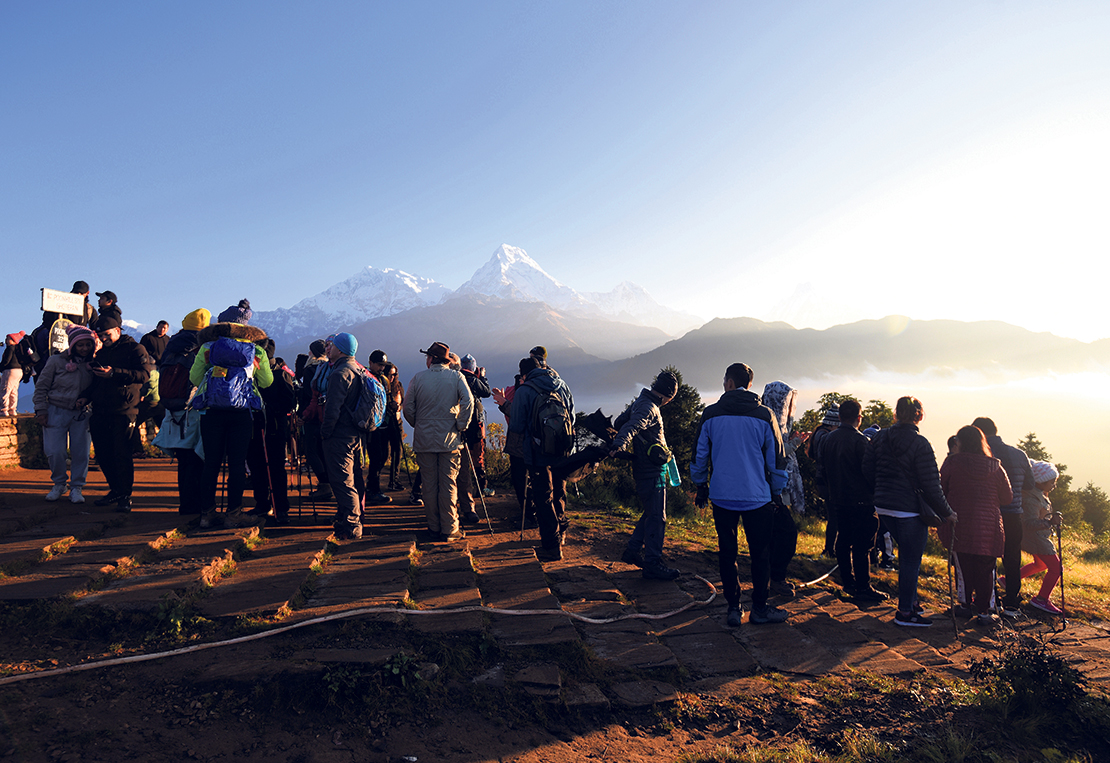

Just In
- Power supply to be affected in parts of Kathmandu Valley today as NEA expedites repair works
- Godepani welcomes over 31,000 foreign tourists in a year
- Private sector leads hydropower generation over government
- Weather expected to be mainly fair in most parts of the country today
- 120 snow leopards found in Dolpa, survey result reveals
- India funds a school building construction in Darchula
- Exploring opportunities and Challenges of Increasing Online Transactions in Nepal
- Lack of investment-friendly laws raises concerns as Investment Summit approaches








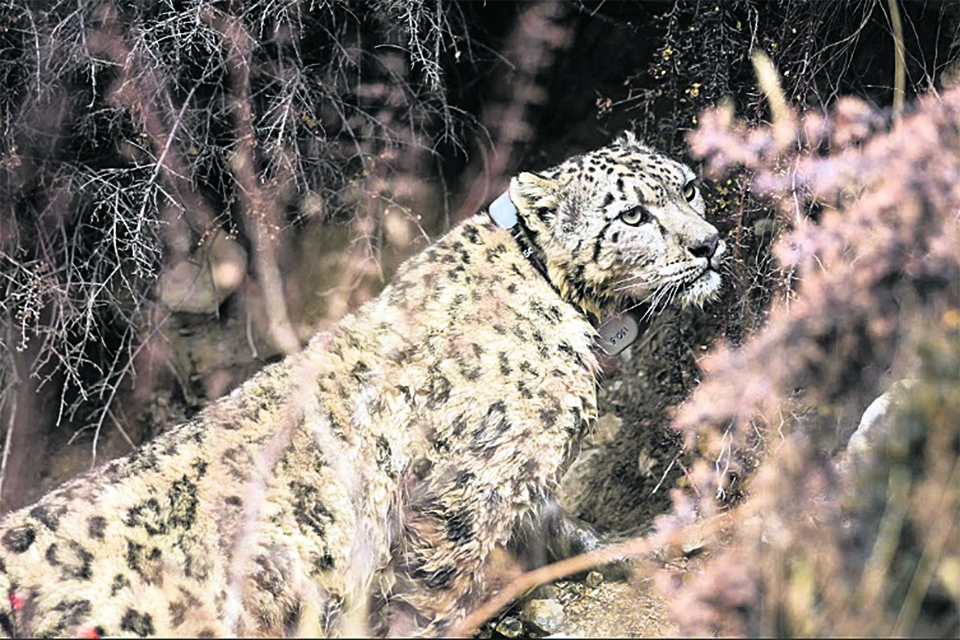
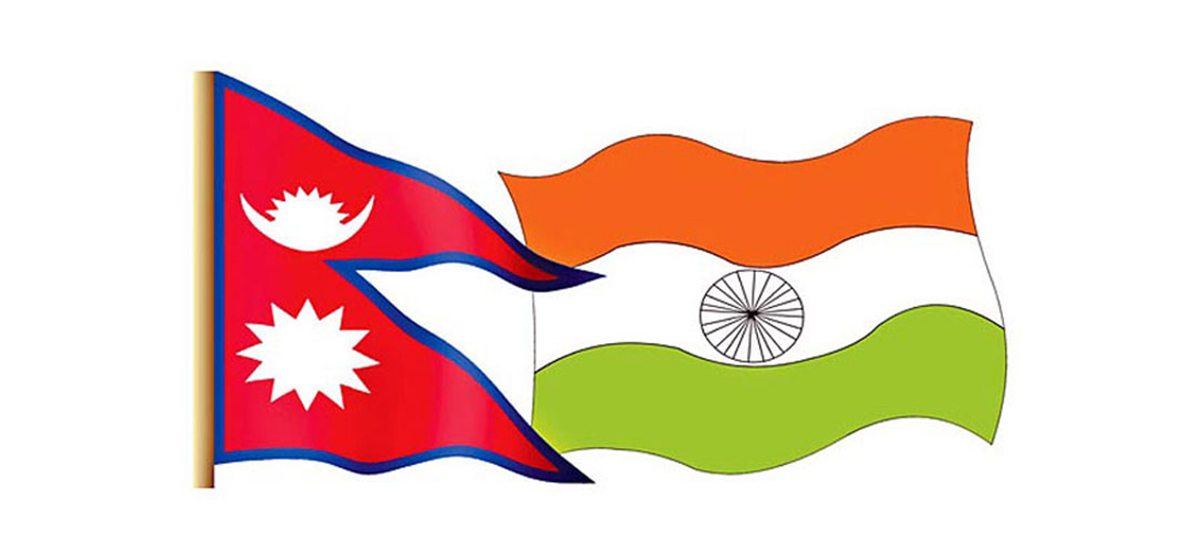

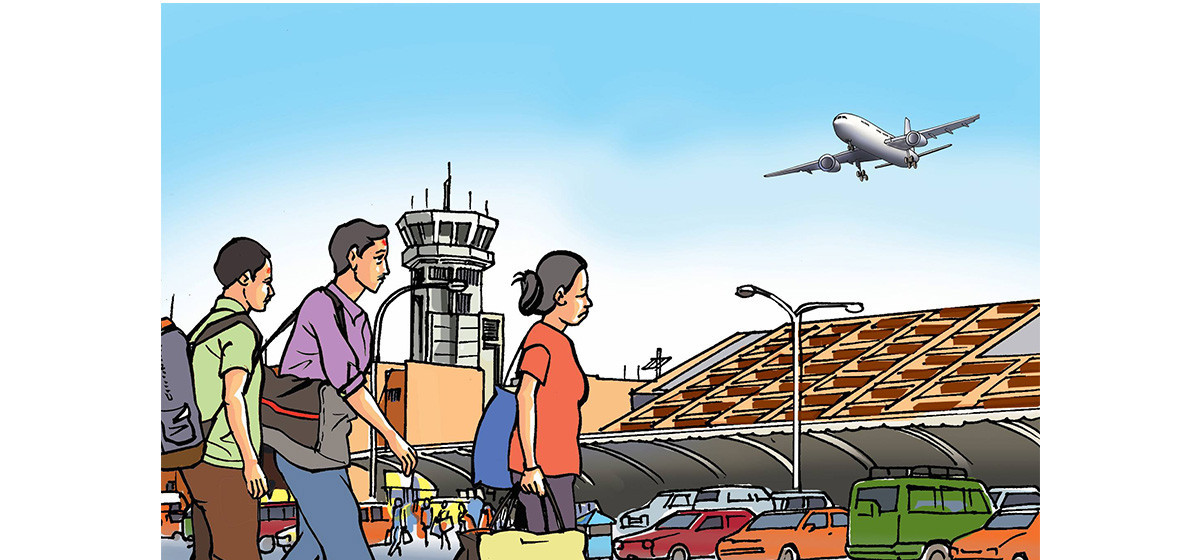
Leave A Comment